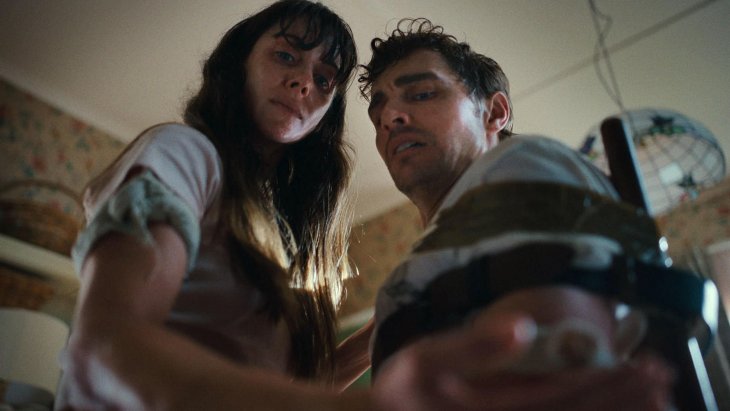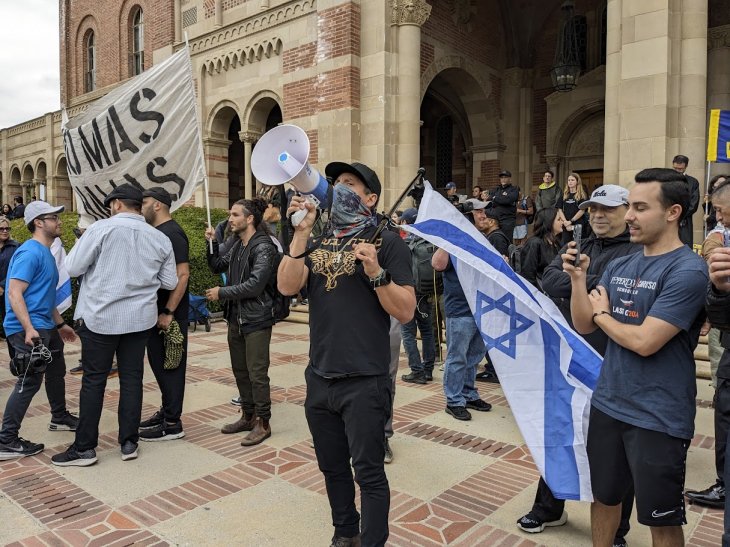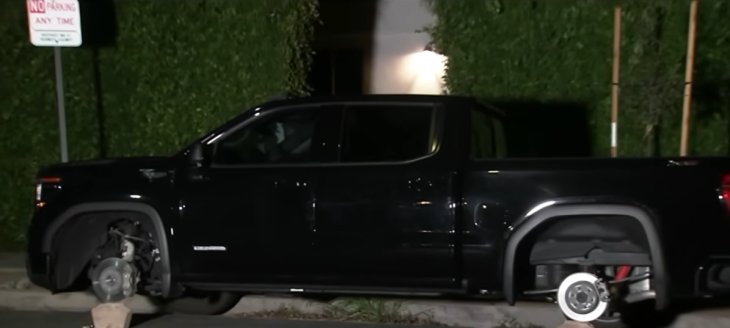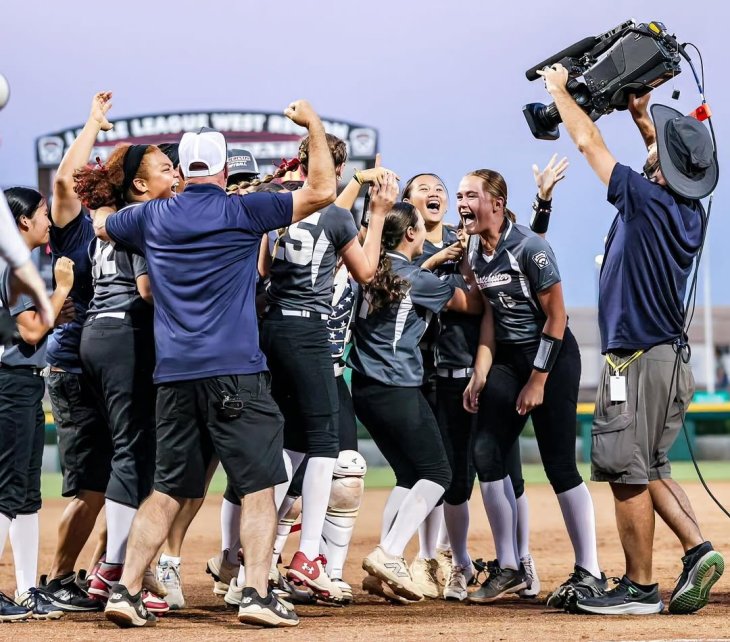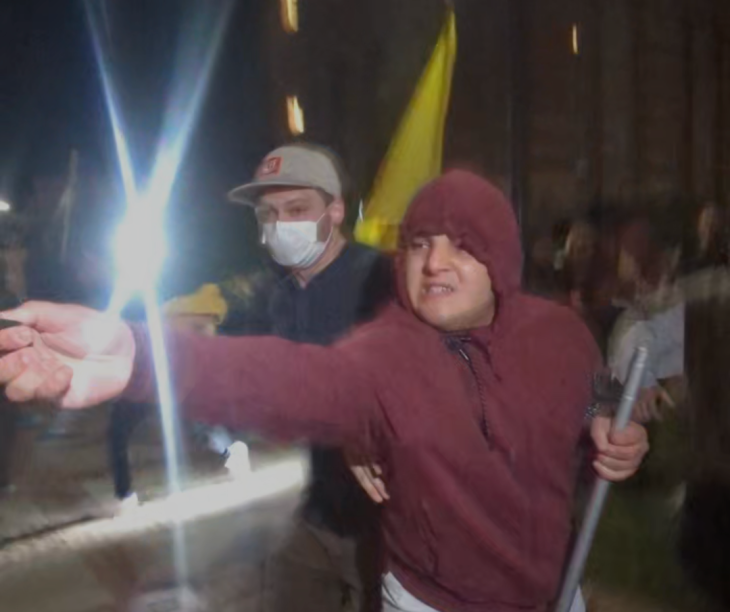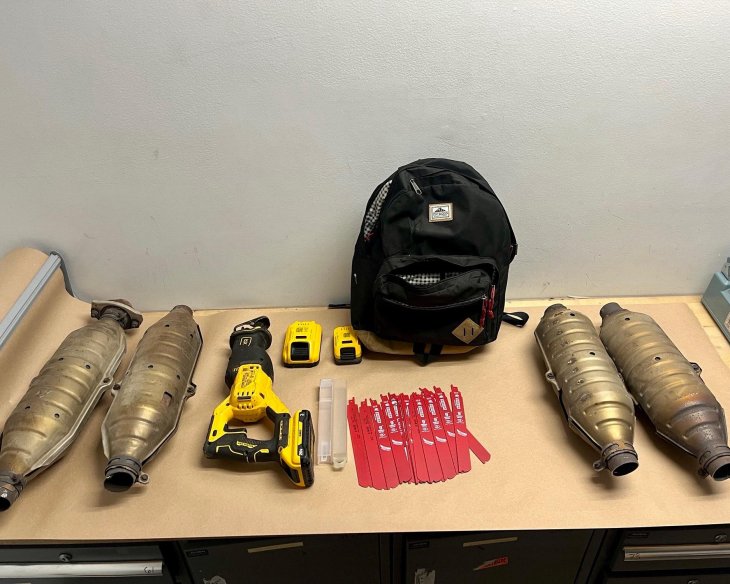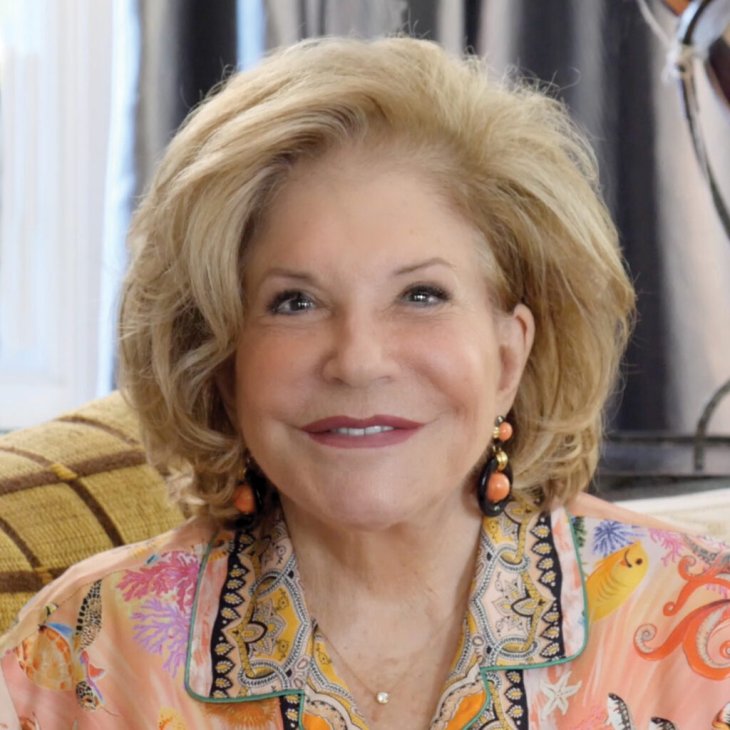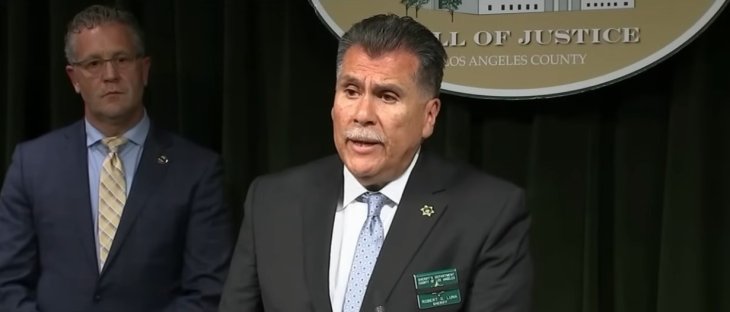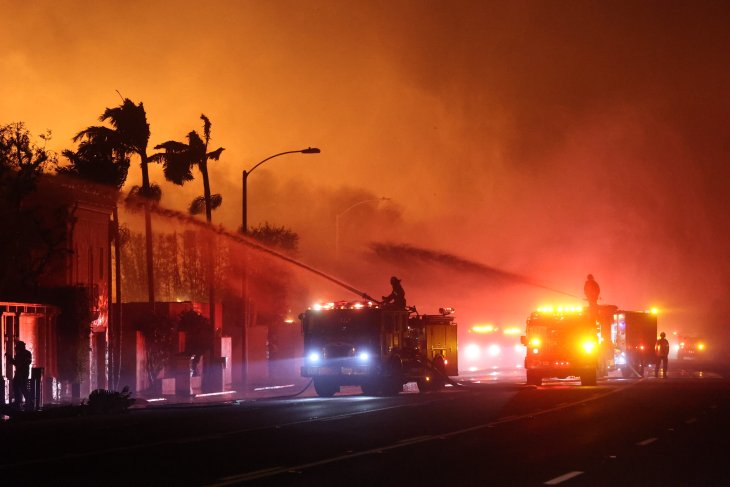A federal appeals court, in a ruling today stemming from a lawsuit filed in Los Angeles, revised a previous decision to order Google to remove from YouTube an anti-Islamic film trailer that sparked protests across the Muslim world.
The U.S. 9th Circuit Court of Appeals said that an 11-judge panel will hear the case. The resulting decision could overturn a three-judge ruling from February that rejected Google’s argument that removal of the 13-minute “Innocence of Muslims’ clip was a prior restraint of speech that violated the U.S. Constitution.
“We’re pleased that the Ninth Circuit has agreed to reexamine this case,” a YouTube spokesperson said. “We strongly disagreed with the initial decision and look forward to making our arguments in court.”
The plaintiff in the case, California actress Cindy Lee Garcia, filed suit in Los Angeles federal court in 2012, alleging she was duped into appearing in the film by filmmaker Mark Basseley, who also uses the name Nakoula Basseley Nakoula.
Garcia said she answered a casting call for a minor role in a low-budget film ostensibly to be titled “Desert Warrior” and was paid $500 for the work.
The trailer, posted on YouTube and dubbed to give the appearance that Garcia had made incendiary accusations against the Prophet Mohammed, sparked anti-American unrest among Muslims in Egypt, Libya and other countries in 2012.
The violence coincided with an attack on U.S. diplomatic facilities in Benghazi that killed four Americans, including Chris Stevens, the U.S. ambassador to Libya.
Garcia never signed a model release transferring her intellectual property rights to Basseley or any production company, according to court papers.
The actress appealed after a Los Angeles district court turned down her request that YouTube pull the trailer.
Cris Armenta, one of Garcia’s attorneys, said her team is preparing for the appellate hearing.
“We look forward to continuing to advance Ms. Garcia’s copyright interests, her right to be free from death threats, and her First Amendment right to be disassociated from hateful speech which she did not utter nor condone,” Armenta said.
Basseley was sentenced to a year in federal prison in November 2012 after he admitted to violating the terms of his release from an earlier conviction.


